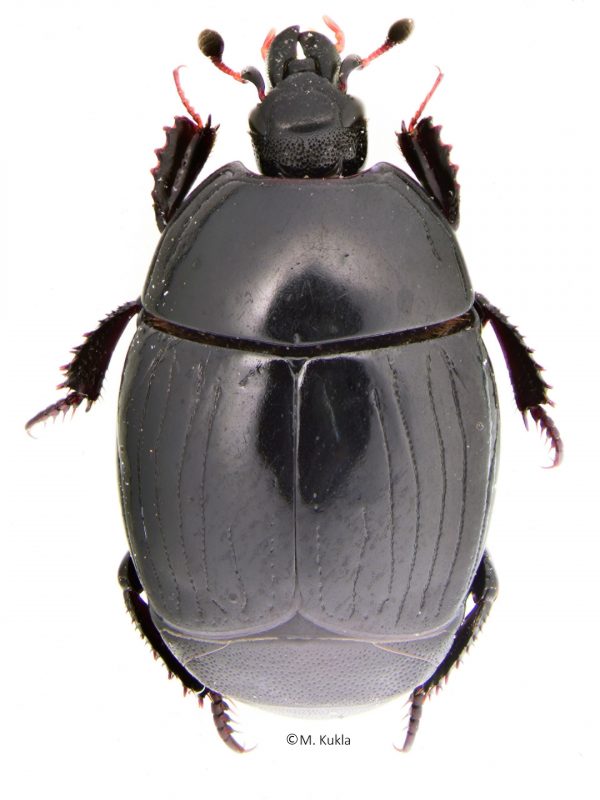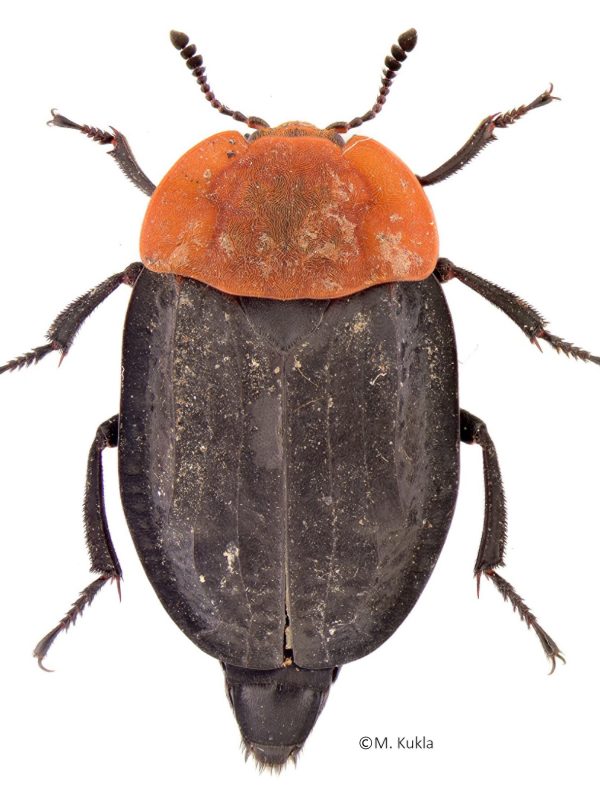Membership
Becoming a member
To become a member of EAFE:
Applicants have to fill an application form (download here), sign it and send it by email or postal mail to the Office. Application has to be supported by a letter of reference of a regular or associate member of the association. EAFE ask additionally for agreement of a code of ethics (download here). Candidature is communicated to the whole board and accepted by a simple majority.

For Members
Regulations related to EAFE membership are defined by the Constitution.
Membership is on a personal basis. Any qualified scientist or person with a medical or forensic background who is involved actively in the field of forensic entomology or has specific interest in the objectives of the association is eligible to apply for regular or associate membership.
There is the possibility for undergraduates to apply as a student member. By definition, a student is registered full time, or part time and is unemployed. Evidence of student status must be provided. A post-doc position is not considered as a student. At the completion of a student’s time of training their EAFE student membership finishes. If the person continues with an interest in the field of forensic entomology their membership can be transferred to a regular or associate membership if they arrange for a letter of support from another EAFE member.
Retired membership is open for those who fulfil the following criteria:
a) have been regular members of the EAFE for at least 5 years,
b) have made recognisable contributions to the subject,
c) have retired from full time employment.
Such individuals will be recommended to the Board for this membership category by another member of the EAFE and will remain as retired members as long as they feel is appropriate.
The content of the Constitution (download here).

About EAFE
The aim of European Association for Forensic Entomology is to promote the development of forensic entomology throughout Europe and to encourage co-operation with other similar international bodies.
Objective 1: to promote recognition of forensic entomology as an important component of the criminal justice system.
Objective 2: to exchange ideas and information within the field of forensic entomology and to foster friendship and co-operation among the various laboratories.
Objective 3: to encourage a high level of competency in the field of forensic entomology.
Objective 4: to establish common practices and to promote and maintain the highest standards of practice in applied and basic forensic entomology.
Objective 5: to stimulate implementation of existing techniques together with research and development of new techniques in forensic entomology.